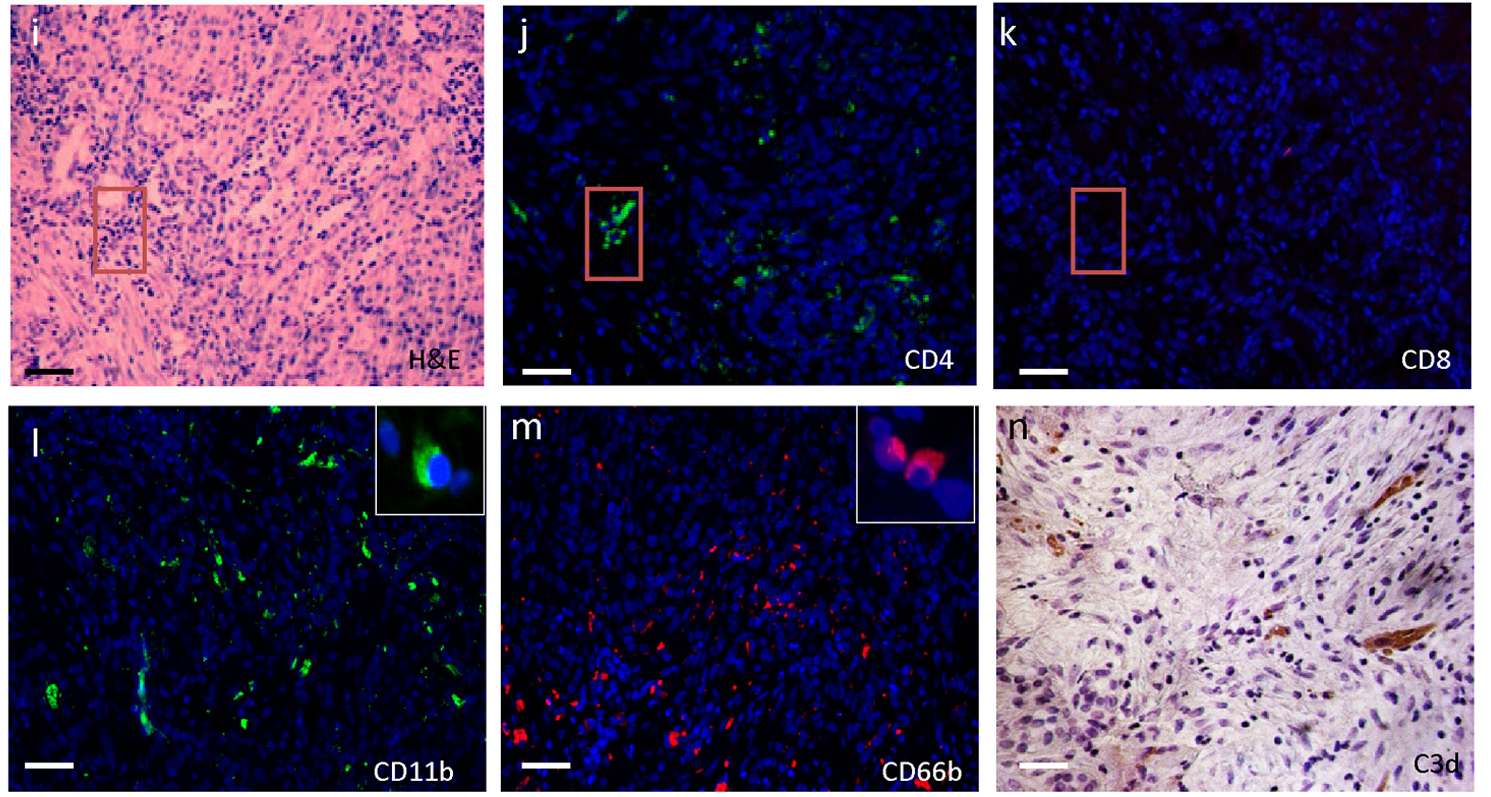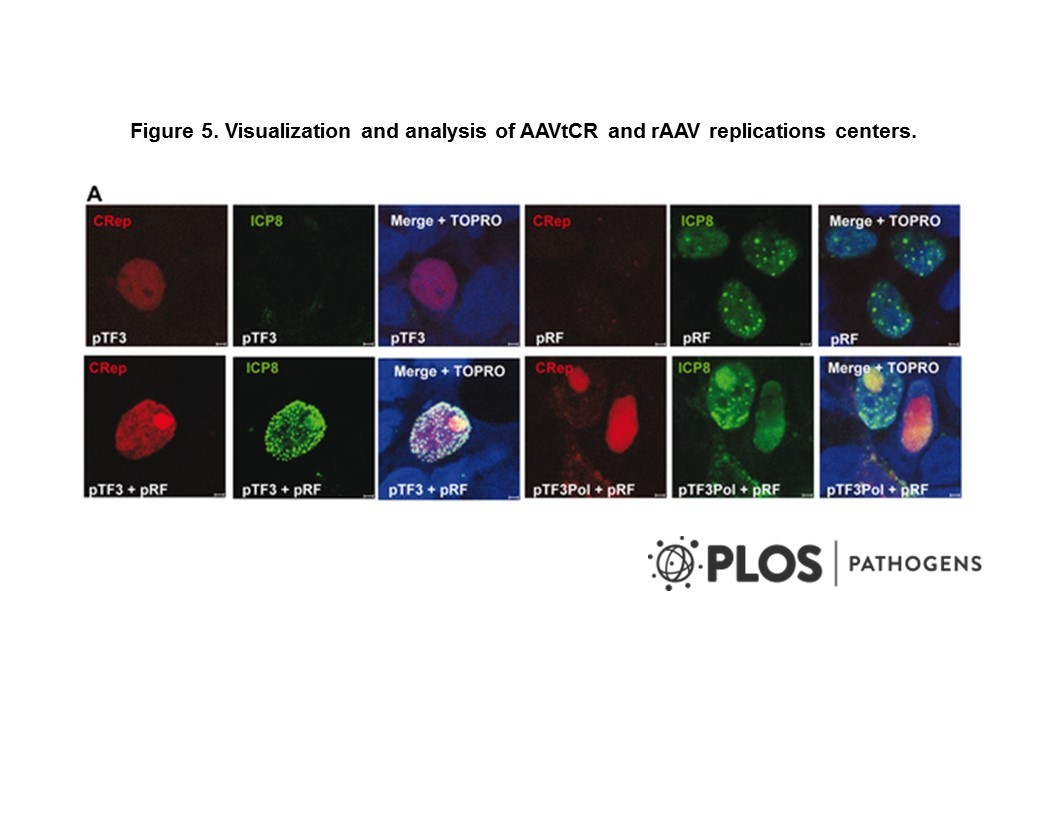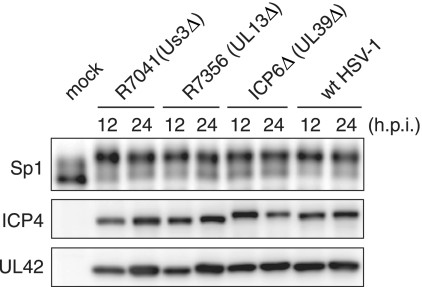
Cat. #154756
Anti-CD71 (Transferrin receptor ) [66IG10]
Cat. #: 154756
Sub-type: Primary antibody
Unit size: 100 ug
Availability: 10-12 weeks
Target: CD71
Class: Monoclonal
Application: FACS ; IHC ; IF ; IP
Reactivity: Human
Host: Mouse
£300.00
This fee is applicable only for non-profit organisations. If you are a for-profit organisation or a researcher working on commercially-sponsored academic research, you will need to contact our licensing team for a commercial use license.
Contributor
Institute: Netherlands Cancer Institute
Tool Details
*FOR RESEARCH USE ONLY
- Name: Anti-CD71 (Transferrin receptor ) [66IG10]
- Alternate name: TFRC; P9
- Tool sub type: Primary antibody
- Class: Monoclonal
- Conjugation: Unconjugated
- Molecular weight: 95 kDa
- Strain: Balb/c
- Reactivity: Human
- Host: Mouse
- Application: FACS ; IHC ; IF ; IP
- Description: Transferrin is a transmembrane glycoprotein composed of two disulfide-linked monomers joined by two disulfide bonds. Transferrin is required for iron import from transferrin into cells by endocytosis. Transferrin as a potential new target in cases of human leukaemia & lymphoma
- Immunogen: Human T cells
- Isotype: IgG1
- Myeloma used: Sp2/0-Ag14
Target Details
- Target: CD71
- Molecular weight: 95 kDa
- Target background: Transferrin is a transmembrane glycoprotein composed of two disulfide-linked monomers joined by two disulfide bonds. Transferrin is required for iron import from transferrin into cells by endocytosis. Transferrin as a potential new target in cases of human leukaemia & lymphoma
Applications
- Application: FACS ; IHC ; IF ; IP
Handling
- Format: Liquid
- Concentration: 0.9-1.1 mg/ml
- Unit size: 100 ug
- Storage buffer: PBS with 0.02% azide
- Storage conditions: -15° C to -25° C
- Shipping conditions: Shipping at 4° C
References
- Moolenaar et al. 1990. Cancer Res. 50(4):1102-6. PMID: 2153450.
- van de Rijn et al. 1983. Cytogenet Cell Genet. 36(3):525-31. PMID: 6315310.





